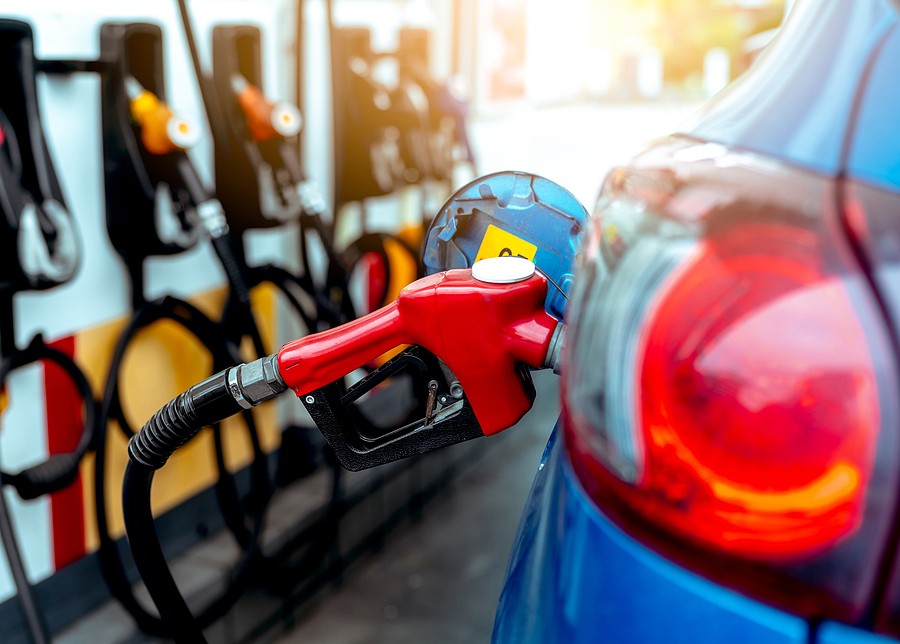The 8 common fuel types include:
- Aviation gasoline
- Aviation turbine
- Kerosene
- Solar oil
- Diesel oil
- Fuel oil
- Biodiesel
- Gasoline
Most drivers are familiar with the gasoline fuel type because that's all they see in the gas station. Some other drivers might know that there's another pump for diesel fuel, but did you know that there are some other fuel types?
Learning one or two things about the different fuel types helps you identify why, and which fuel is better for your vehicle. It also gives you an understanding of what our machines used to provide energy for their vehicles.
This article highlights the 8 common fuel type you'll encounter in the automobile world and other types of machines that rely on combustion systems. Let's read on for more details.
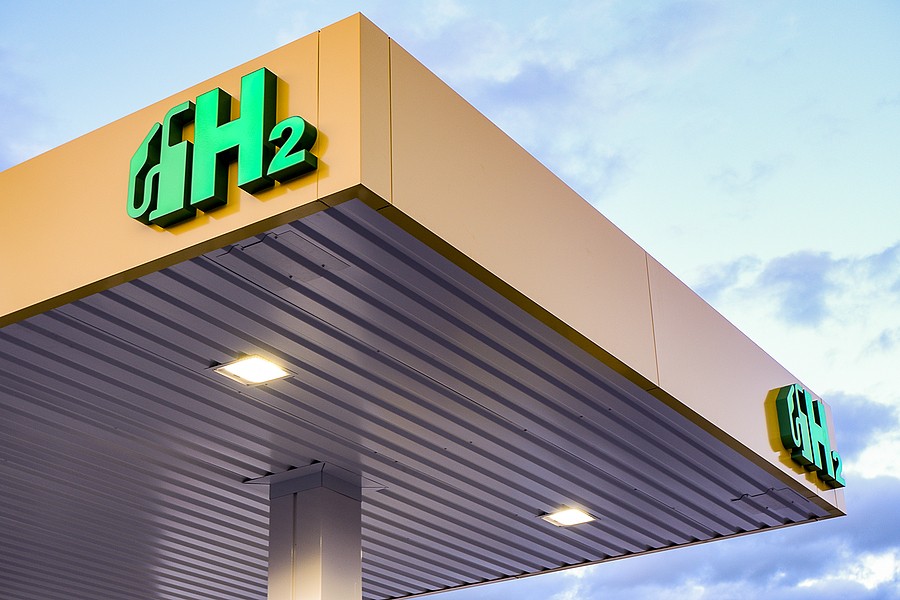
How many types of fuel are there? 8 common fuel types
If you've ever looked at the gas station, you'll see different fuel types for the gasoline type, and you might also encounter diesel fuel, but there is much more to investigate.
Let's take a look at the eight most common types of fuels:
1. Aviation gasoline
Have you ever heard about aviation gasoline? It's sometimes referred to as “avgas.” This is not very common to most drivers because it's typically used for aircraft. Keep in mind that not all aircraft rely on aviation gasoline because some of them might use a different type of fuel depending on the engine system.
Typically, aircraft that have an internal combustion system associated with this time, in turn with an ignition system, rely on aviation gasoline.
2. Aviation turbine
The aviation turbine is similar to the previous fuel type, but it's mostly created for aircraft that require gasoline suitable for a turbot engine.
3. Kerosene
You might come across kerosene as a fuel but not for aircraft or four vehicles. Instead, this type of fuel is used for household needs. The special thing about kerosene is that it has a boiling temperature ranging from 150 to 300 degrees Celsius.
4. Solar oil
A specific type of fuel is sometimes referred to as solar oil. This is typically used for heavy machinery in industrial locations and for machines that rely on a mechanical pump to inject the fuel.
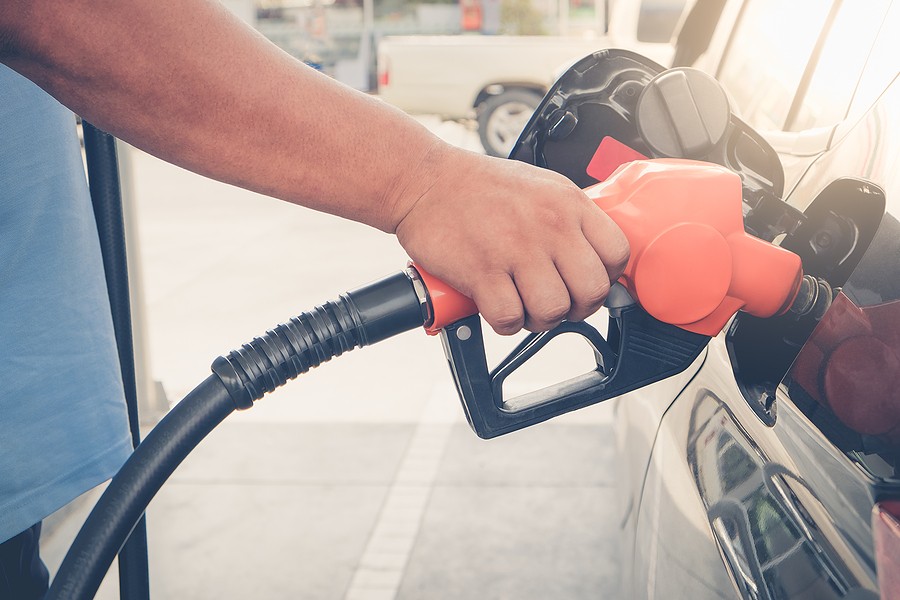
5. Diesel oil
Diesel oil is a specific type of oil generated from regular black oil. It is typically liquid at very low temperatures; if you increase the temperature, it changes status. Typically, diesel oil has very low concentrations of sulfur as required by the regulations.
6. Fuel oil
The fuel oil is used for very heavy machines with a combustion system, and it's typically used in locations that generate steam or other types of heavy power in the economic sector.
7. Biodiesel
With the evolution of technology, people are now moving towards more renewable energy sources. This example of fuel is considered one of the most environmentally friendly, relying on animal fats and vegetable sources.
The current fuel in the market contains more than 95% of petroleum diesel and only 5% FAME.
8. Gasoline
Finally, gasoline is the most common type of fuel that you'll find in any gas station. This type of fuel is usually used for most automobiles. You will find different types of gasoline depending on the company that creates it and a different additive added to it to improve its quality and provide additional benefits for your vehicle.
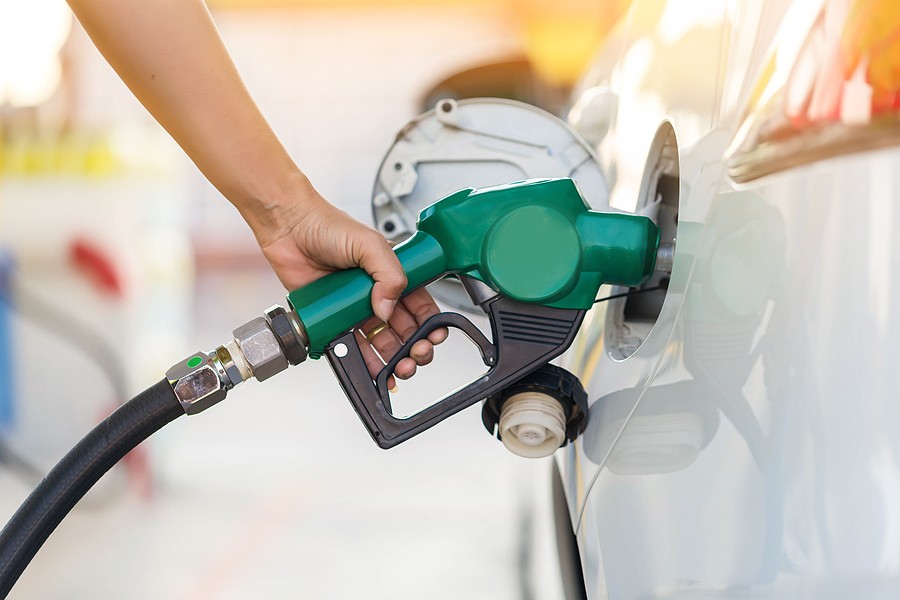
What is the best type of fuel?
Understanding the best fuel type is extremely important to help you use the right fuel that works for your vehicle while maintaining its internal components. Of fairground, if you're driving a car, you want to go with a guest lean, but there are different types of gasoline that you can select from.
According to recent statistics, most automotive experts recommend using top-tier gasoline with additives that enhance the vehicle's performance. However, you don't necessarily have to go with premium fuel thinking it will provide you with the best benefits because premium fuel is only needed when your manual asks for it and when your manufacturer requires it.
What is the difference between regular fuel and premium?
When you visit the gas station, you realize that there are different types of pumps at different levels. Some might think that going with the highest number is the best and choosing a premium fuel means your vehicle operates better.
Typically, these different levels you see on the gas pump only refer to that team level. So, for example, the octane level doesn't have to do anything with the vehicle's fuel quality or how well your vehicle operates unless your vehicle owner's manual requires it.
In other words, automotive experts always recommend choosing premium fuel when your manufacturer requires it. Premium fuel is only beneficial to prevent vehicle knocking, which is a problem that could happen in super powerful engines or very old cars.
Thus, the biggest difference between the two types of fuels is the octane level, and this doesn't mean you should purchase very expensive fuel when you don't need it.
Remember that there are some situations where even if your vehicle owner's manual is not asking for premium fuel, your mechanic might recommend you use this fuel. This situation happens when you're having problems related to engine knocking at the early stages of your vehicle's lifespan.
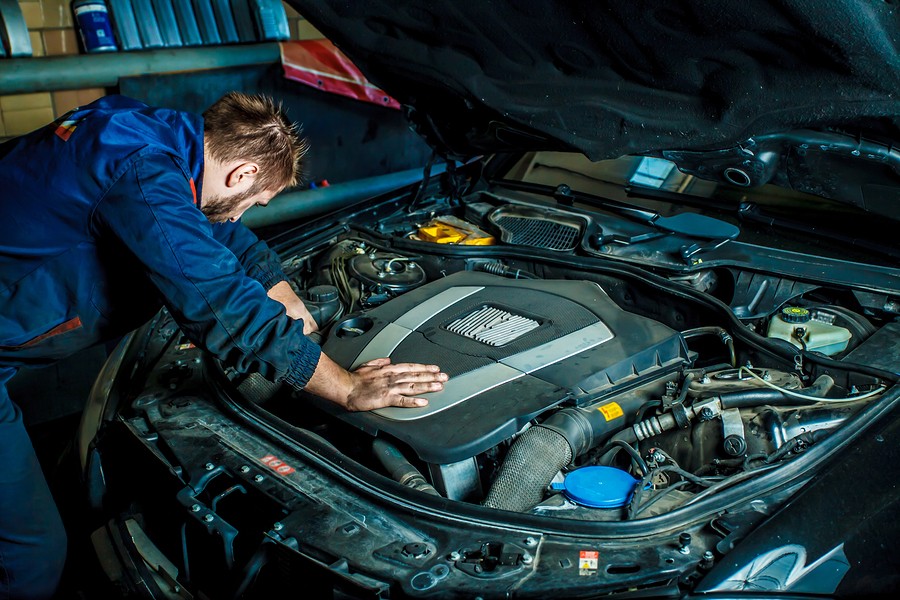
What are the two most common types of fuel for vehicles?
If you would like to focus on the two most common types of fuels for cars and vehicles, you will come across gasoline and diesel fuels. Remember that these fuels are not exchangeable, which means you cannot use one instead of the others because vehicles are designed in a way that accepts only one type of these fuels.
Putting gasoline in a diesel engine or vice versa results in significant problems that could damage your car completely.
What to do if I accidentally put gasoline in a diesel engine?
Because these two pumps are typically next to each other, you might make a mistake and choosing gasoline instead of diesel for your diesel engine. Unfortunately, this could be very critical and might lead to significant damages if you started your vehicle or moved the single edge.
Therefore, if you've ever put gasoline in a diesel engine by mistake, you should follow these steps:
1. Never start your car
If you do not start your vehicle and run the engine, there's a big chance that the gasoline will stay in that fuel tank and will not move to the other components. Therefore, you are in a good situation because resolving this problem can be much easier than dealing with complications related to fuel running through the pathways and getting to the engine.
However, if you move forward and start the engine for whatever reason, you still want to pull over and stop your vehicle before things get more complicated. The sooner you detect the problem, the easier it is for your mechanic to resolve it.
2. Reach out for help
The next step is to consult a professional who knows what to do in these situations. Typically, your mechanic will understand how to move the row fuel from the fuel tank before it gets to the other components.
3. Remove the wrong fuel
There are many ways that your mechanic can rely on to remove the fuel from the fuel tank. For example, they might pump or take it out using specific machines.
Once the fuel is removed, your mechanic needs to flush out the fuel tank and ensure that nothing remains out of the wrong fuel and the tank only contains fresh diesel and no gasoline.
4. Fix any complications
Suppose you did not stop your vehicle before the gasoline and go through the pathways. In that case, you might be dealing with a complicated situation requiring detailed inspection and clean-up from your mechanic. Unfortunately, there are some chances you might completely damage your diesel engine because of this simple mistake.
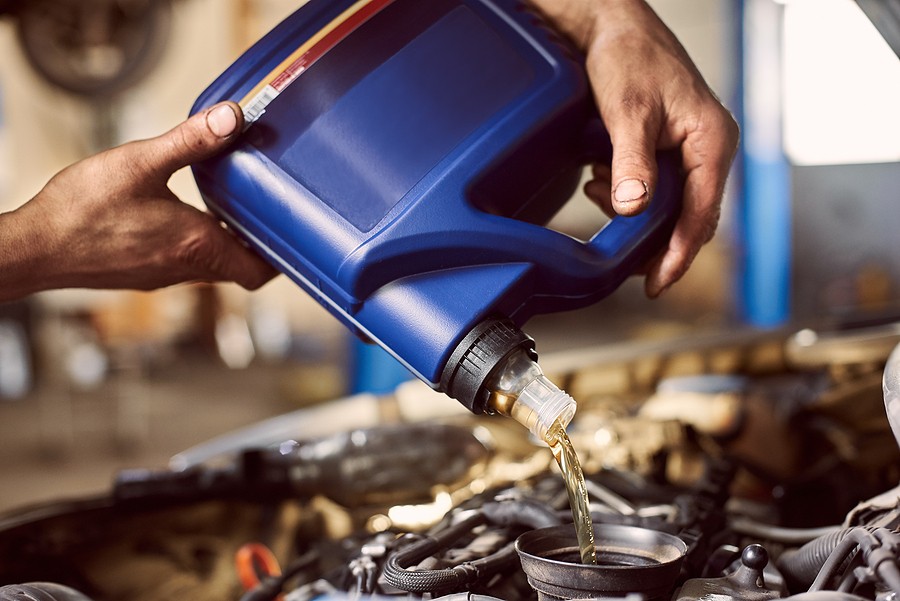
Why is it bad to use gasoline instead of diesel and vice versa?
Every vehicle is designed in a certain way, and every fuel has different characteristics that allow it to ignite at different temperatures. Unfortunately, using the wrong type of fuel can cause significant damage is and these engines.
For example, gasoline fuel requires ignition to get the air-fuel mixture burned and generate the energy. Therefore, if there is nothing to ignite it, then it will not explode, and it will not generate the required energy.
On the other hand, diesel relies on a significant compression process that allows it to ignite by itself without needing an external spark.
Imagine if you used gasoline inside a diesel engine and sent this message compression and massive pressure to the gasoline; what would happen?! There is a high chance that the whole thing might explode and cause massive risky situations for you and other people driving around you. Imagine how things could get more complicated if this situation happened in the gas station.
Therefore, it is important for you as a driver to pay close attention to these simple mistakes that could lead to catastrophic outcomes. First, look at the gas station and the different fuel pumps. To prevent this problem from happening in the first place, we always recommend that if you're driving a regular small car, go ahead and use the middle lanes of the gas station because, typically, these do not have any diesel pumps. However, you should also be more proactive and read through the different pumps to make sure that you're using the right type of fuel and prevent the problem from happening.
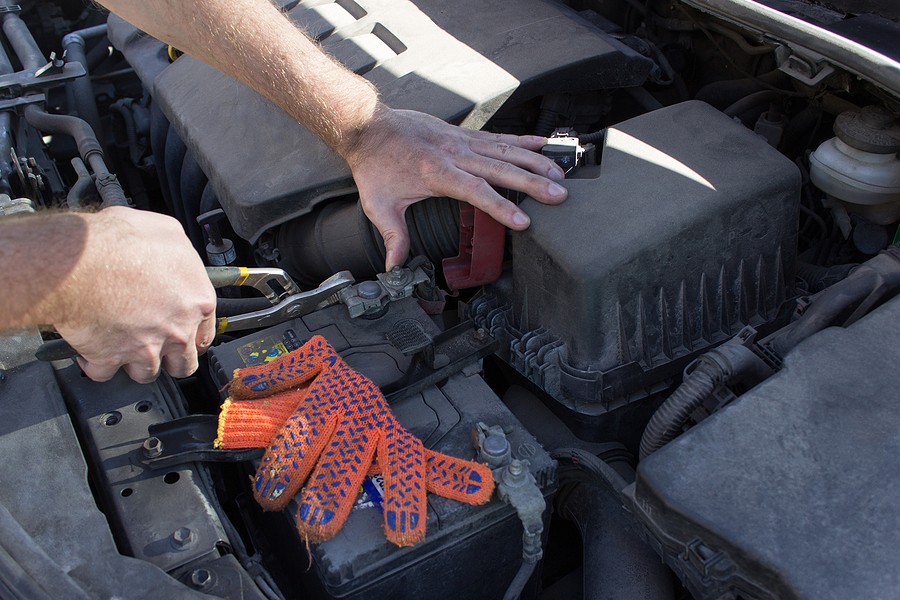
Final thoughts
There are many different types of fuel that you encounter in your life. Some are just specified for aircraft, while others are more for vehicles and heavy machines.
Understanding the different fuel types helps you make informed decisions about what you should use for your car to help its performance and prevent any major damage. This article walked you through the eight common fuel types to help you understand which fuel is used for what.
Remember that not every vehicle is suitable for high octane, more premium fuels, which many drivers might have a big misconception about.
If you would like to upgrade to a car suitable for this fuel type and you feel that your vehicle has problems using the regular fuel, it could be a perfect time to sell your current car and buy a more modern one.
If you're looking for someone to buy your car without worrying about any problems related to the type or condition, you can always consult Cash Cars Buyer!
Cash Cars Buyer is one of the top-rated car removal companies in the nation that guarantees to pay you the top dollars and provide you with free towing despite your living location around the United States.
Our process is very straightforward and doesn't take more than a couple of days to get your car removed safely and for the most money.
All it takes you is to:
- Describe your car's type and condition
- Receive our instant free quote
- Accept the quote
- Get your car removed and receive your cash payment on the spot!
To learn more about our process and our team, you can reach out to us by calling us at (866) 924-4608 or by visiting our home page click on the free instant online offer.

